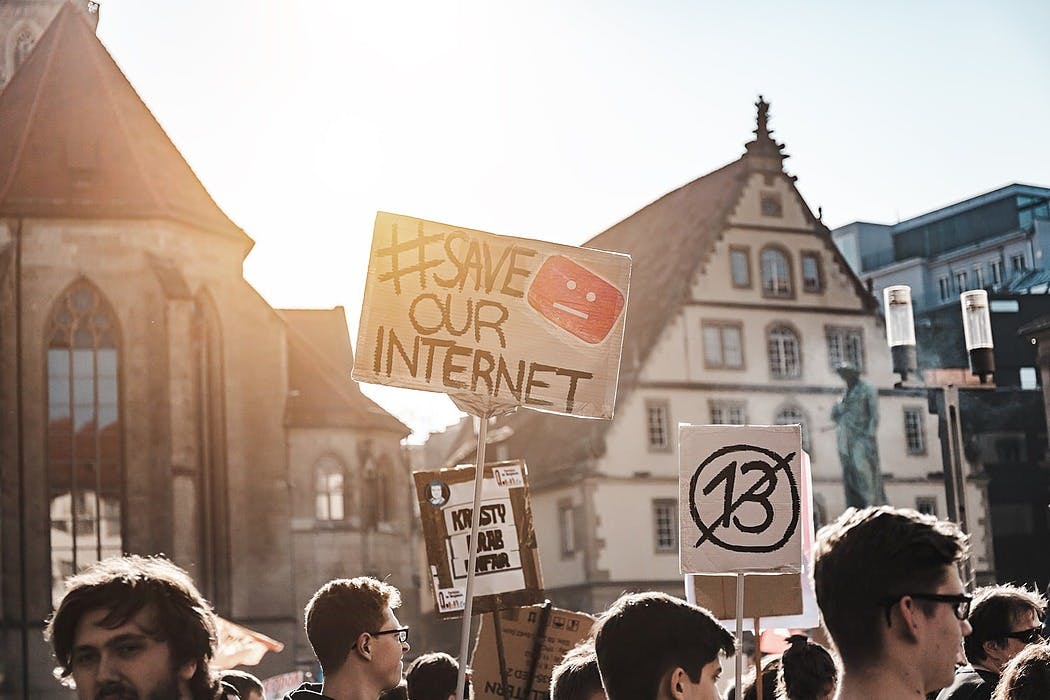514 reads
President Trump’s Social Media Executive Order Would Restrict Legal Protections for Internet Speech
by
May 29th, 2020
Law firm representing clients in litigation, trial, counseling, regulatory & transactional matters.
About Author
Law firm representing clients in litigation, trial, counseling, regulatory & transactional matters.
